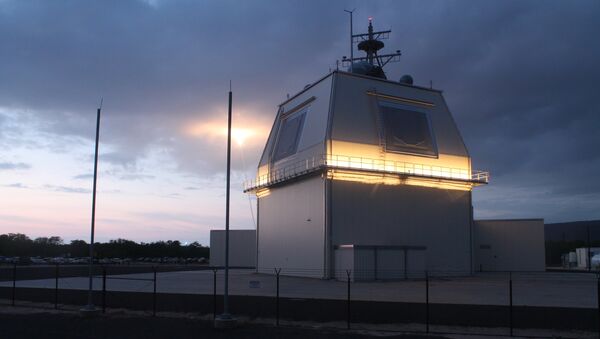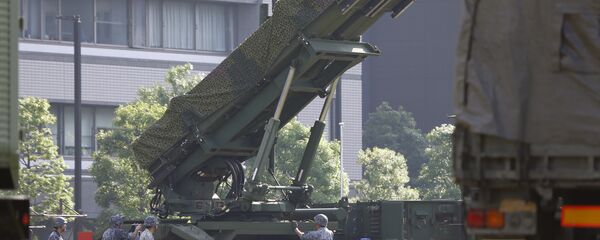According to the Kyodo news agency, citing estimates from two companies commissioned by the government, while the land-based platforms would cost 400 billion yen, the destroyer alternative would be some 100 billion yen more, not including costs to be incurred for 30 years following the introduction of the ships.
The overall cost of the alternative could reach 700 billion yen in the long-term, the agency said.
Tokyo is now seeking alternatives to the plan to deploy two Aegis Ashore land-based missile systems in the country, which were expected to counter a potential threat from North Korea.
The government is expected to present the latest estimate at a meeting with relevant panels on Wednesday, according to the news outlet.
In September, media reported citing new Japanese Defence Minister Nobuo Kishi that Japan was planning to use mobile sea-based platforms for its missile defence. The plan envisaged building a vessel designed to intercept ballistic missiles or an offshore platform similar to sea oil rigs.
This would remove the risk of rocket boosters falling onto populated areas, one of the concerns for the land-based interceptors. Issues, however, remained with cost increases and the impact of weather conditions on sea-based missile defences.


